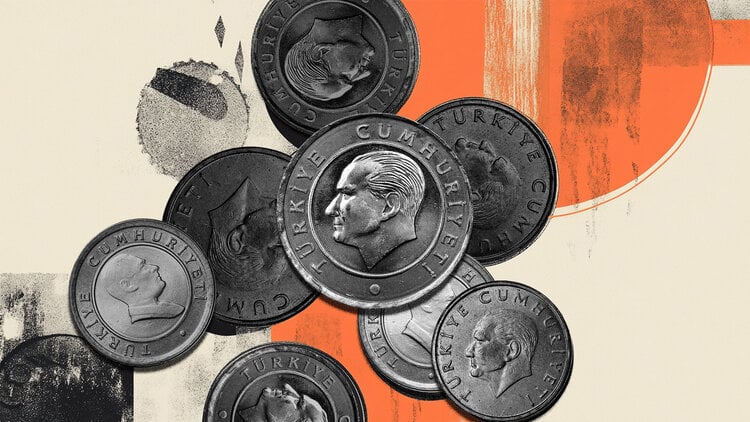- GBP/JPY saw heavy selling in reaction to BoE Governor Bailey’s dovish comments.
- Bailey said the central bank could become “a little more activist” on interest rate cuts.
- Tensions in the Middle East benefit the JPY’s relative safe haven status and weigh on the cross.
The GBP/JPY cross continues to struggle to find acceptance above the psychological mark of 195.00 for the second time in two weeks and pulls back sharply from a one-week high reached earlier this Thursday. The downward trajectory drags spot prices to the 192.25-192.20 area during the first half of the European session and is exclusively sponsored by the emergence of strong selling around the British Pound (GBP).
In an interview with The Guardian, Bank of England (BoE) Governor Andrew Bailey said there was a chance the central bank could become a little more aggressive in cutting rates if there is more good news on inflation. Traders increased their bets on another 25 basis point interest rate cut by the BoE at its November meeting. This, in turn, drags UK bonds lower, along with the GBP, and causes aggressive selling around the GBP/JPY cross.
Apart from this, further escalation of geopolitical tensions in the Middle East benefits the relative safe haven status of the Japanese Yen (JPY) and contributes to the selling tone around the currency pair. Iran launched more than 200 ballistic missiles at Israel on Tuesday, while the latter carried out a precise airstrike and shelled central Beirut in Lebanon during the early hours of Thursday, raising the risk of an all-out war and undermining risk sentiment.
However, JPY bulls are refraining from placing aggressive bets amid uncertainty over future interest rate hikes by the Bank of Japan (BoJ). In fact, Japan’s new Prime Minister Shigeru Ishiba said Wednesday that the country is not in an environment for a further rate hike. Added to this is that Japan’s newly appointed economy minister, Ryosei Akazawa, expects the BoJ to make careful economic assessments when raising interest rates again.
Furthermore, BoJ board member Asahi Noguchi stated that the central bank should patiently maintain loose monetary conditions and will make gradual adjustments while carefully assessing whether inflation sustainably reaches the 2% target. This, in turn, warrants some caution before positioning for any further bearish movement in the GBP/JPY cross and supports the prospects of an extension of the range-bound price action seen since the start of the current week.
The BoE FAQs
The Bank of England (BoE) decides the UK’s monetary policy. Its main objective is to achieve price stability, that is, a constant inflation rate of 2%. Its instrument to achieve this is the adjustment of basic loan rates. The BoE sets the rate at which it lends to commercial banks and at which banks lend to each other, determining the level of interest rates in the wider economy. This also influences the value of the British Pound (GBP).
When inflation exceeds the Bank of England’s target, it responds by raising interest rates, which makes access to credit more expensive for citizens and companies. This is positive for the British Pound, as higher interest rates make the UK a more attractive place for global investors to invest their money. When inflation falls below target, it is a sign that economic growth is slowing, and the Bank of England will consider lowering interest rates to make credit cheaper in the hope that companies will borrow to invest in projects that generate growth, which is negative for the Pound sterling.
In extreme situations, the Bank of England can apply a policy called Quantitative Easing (QE). QE is the process by which the BoE substantially increases the flow of credit into a clogged financial system. QE is a policy of last resort when lowering interest rates does not achieve the necessary result. The process of QE involves the Bank of England printing money to buy assets, typically government bonds or AAA-rated corporate bonds, from banks and other financial institutions. QE usually results in a weakening of the British pound.
Quantitative tightening (QT) is the reverse of QE, and is applied when the economy is strengthening and inflation begins to rise. While in QE the Bank of England (BoE) buys government and corporate bonds from financial institutions to encourage them to lend, in QT the BoE stops buying more bonds and stops reinvesting the maturing principal of the bonds that you already own. It is usually positive for the British pound.
Source: Fx Street
I am Joshua Winder, a senior-level journalist and editor at World Stock Market. I specialize in covering news related to the stock market and economic trends. With more than 8 years of experience in this field, I have become an expert in financial reporting.







